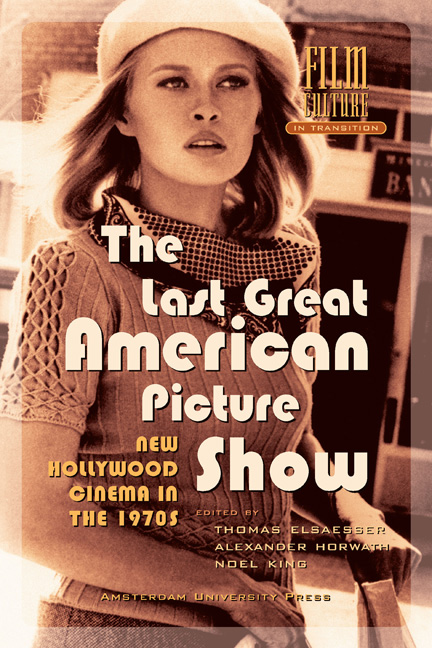For WANDA
Published online by Cambridge University Press: 25 January 2021
Summary
A small, forgotten masterpiece
Winner of the Critics Prize in Venice in 1970, Barbara Loden's WANDA (1970) was, as the New York Times meekly puts it, “a critical hit but failed to create excitement at the box-office”.
Shot in cinema-verité style on grainy 16mm film stock, WANDA tells the story of the unlikely partnership between a coal-mining wife from Pennsylvania (played with sensitivity and brio by the filmmaker herself), dumped by her husband and the men she met while drifting, and a petty crook on the rebound, Mr Dennis (Michael Higgins), who convinces her to pull a major “bank job” with him. The film was released in one theatre in New York, Cinema II, and never shown in the rest of the country. Ten years later, WANDA was “already forgotten in the United States”, but “much admired in Europe”. It was screened in the ‘Women and Film’ event at the 1979 Edinburgh Film Festival and in Deauville in 1980. Loden died of cancer on September 5, 1980, “the day [she was] booked to fly to Paris-Deauville. Her death was announced from the stage of the Festival.”
So there would not be another film by Barbara Loden. As in the case of Rimbaud, the tragic scandal was not only that a talented artist had died too young (Loden was 48) but that such a promising career had been reduced to silence. Yet, unlike that of the much-remembered poète maudit, Loden's voice seemed doomed to historical erasure. Indeed WANDA was a “critical hit” – but only in the New York daily papers. At the time of its brief commercial release, Vincent Canby stressed “the absolute accuracy of its effects, the decency of its point of view and the kind of purity of technique that can only be the result of conscious discipline”. Roger Greenspun added: “It would be hard to imagine better or more tactful or more decently difficult work for a first film. I suppose it is significantly a woman's film in that it never sensationalises or patronises its heroine, and yet finds her interesting.” This was followed by Marion Meade's feature article on two films “written and directed by women who also play the leading roles”, Elaine May's A NEW LEAF (1970) and WANDA.
- Type
- Chapter
- Information
- The Last Great American Picture ShowNew Hollywood Cinema in the 1970s, pp. 223 - 248Publisher: Amsterdam University PressPrint publication year: 2004

